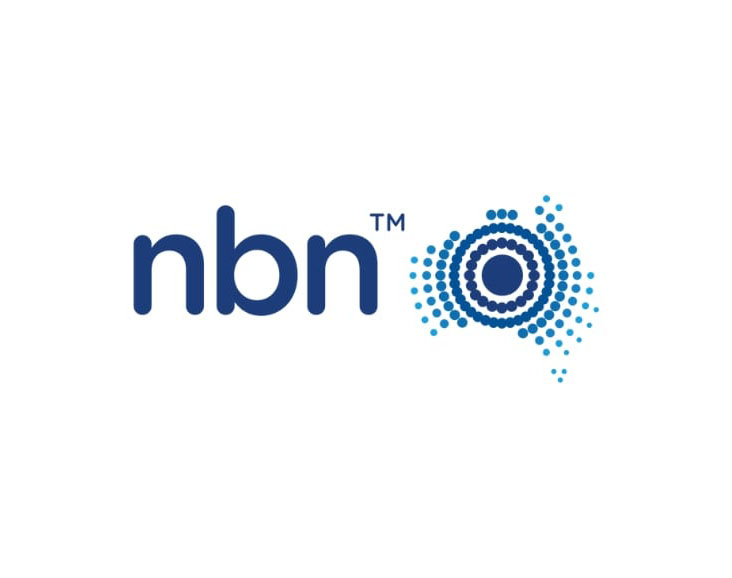The National Broadband Network (NBN) has revolutionized internet connectivity in Australia, offering faster and more reliable internet access to millions of households and businesses. However, with a plethora of NBN providers and plans available, choosing the right one can be a daunting task. This comprehensive guide aims to simplify the NBN plan comparison process, equipping you with the knowledge to make an informed decision.
Understanding NBN Technology Types

Before diving into NBN plan comparison, it’s crucial to grasp the different NBN technology types available, as they significantly impact speed and performance:
- Fiber to the Premises (FTTP): The gold standard of NBN connections, FTTP offers the fastest speeds and most reliable performance, with fiber optic cables running directly to your premises.
- Fiber to the Node (FTTN): A more common technology, FTTN utilizes fiber optic cables to a node in your neighborhood, with the remaining connection to your premises via existing copper wires. Speeds can vary depending on distance from the node.
- Fiber to the Curb (FTTC): Similar to FTTN, FTTC brings fiber closer to your premises, with the final connection via copper wires. Generally offers better speeds than FTTN.
- Hybrid Fiber Coaxial (HFC): Utilizes existing cable TV infrastructure, offering good speeds but potentially subject to congestion during peak times.
- Fixed Wireless: A wireless connection suitable for rural and remote areas, offering decent speeds but potentially affected by weather conditions.
- Satellite: Another option for remote areas, satellite NBN provides basic connectivity but with higher latency and potential data limitations.
Understanding the NBN technology type available in your area is the first step in narrowing down your NBN plan comparison.
Key Factors to Consider in NBN Plan Comparison
When comparing NBN plans, several factors warrant careful consideration:
1. Speed Tiers
NBN plans are categorized into different speed tiers, typically ranging from NBN 12 (basic) to NBN 250 (ultra-fast). The ideal speed tier for you depends on your internet usage:
- NBN 12: Suitable for light internet users, primarily browsing and emails.
- NBN 25: Adequate for general internet use, including streaming and social media.
- NBN 50: A popular choice, balancing speed and affordability for most households.
- NBN 100: Ideal for heavy internet users, multiple devices, and 4K streaming.
- NBN 250: The fastest option, catering to power users, large households, and businesses.
Consider the number of users, devices, and online activities in your household to determine the appropriate speed tier for your needs.
2. Data Allowance
Most NBN plans come with unlimited data, but some providers offer plans with data limits. If you’re a heavy internet user, unlimited data is essential to avoid excess usage charges.
3. Contract Length
NBN plans typically come with contract terms ranging from month-to-month to 24 months. Month-to-month plans offer flexibility but may be slightly more expensive. Longer contracts may come with discounts or incentives but lock you in for a specific period.
4. Price
Price is a significant factor in NBN plan comparison. Compare the monthly fees of different plans, considering any setup costs, modem fees, or discounts offered.
5. Customer Service and Support
Reliable customer service and technical support are crucial, especially if you encounter any issues with your internet connection. Research the provider’s reputation for customer service and their support options.
6. Additional Features
Some NBN providers offer additional features, such as:
- Home phone bundles: Combining your NBN and home phone services can sometimes be more cost-effective.
- Entertainment packages: Some providers offer bundled entertainment options, such as streaming services or movie channels.
- Security features: Certain providers include security features like antivirus software or parental controls.
Consider these additional features when comparing plans, but prioritize your primary internet needs.
NBN Plan Comparison Tools
Several online tools can assist in your NBN plan comparison journey:
- Government NBN website: The official NBN website provides a plan comparison tool, allowing you to filter plans based on technology type, speed tier, and provider.
- Comparison websites: Numerous comparison websites offer comprehensive NBN plan comparisons, often including user reviews and ratings.
- Provider websites: Visit the websites of individual NBN providers to explore their specific plan offerings and any special deals.
Utilize these tools to gather information and compare plans side-by-side, ensuring you make an informed decision.
Tips for Choosing the Best NBN Plan
Here are some additional tips to help you navigate the NBN plan comparison process:
- Assess your internet needs: Be realistic about your internet usage and the number of users and devices in your household.
- Prioritize speed and reliability: Choose a plan with a speed tier that meets your needs and a provider known for reliable service.
- Read the fine print: Pay attention to contract terms, any hidden fees, and the provider’s cancellation policy.
- Consider future needs: If you anticipate your internet usage increasing in the future, opt for a plan with room for growth.
- Seek recommendations: Ask friends, family, or colleagues about their experiences with different NBN providers.
- Don’t be afraid to switch: If you’re unhappy with your current NBN plan, don’t hesitate to switch to a better option.
By following these tips and conducting thorough NBN plan comparison, you can find the perfect internet plan to meet your needs and budget.
Conclusion
NBN plan comparison can seem overwhelming, but with the right information and tools, you can make an informed decision. Understanding the different NBN technology types, considering key factors like speed, data, and price, and utilizing comparison tools will empower you to choose the best NBN plan for your household or business. Remember, the ideal NBN plan is one that offers the right balance of speed, reliability, and affordability, ensuring you enjoy a seamless internet experience.